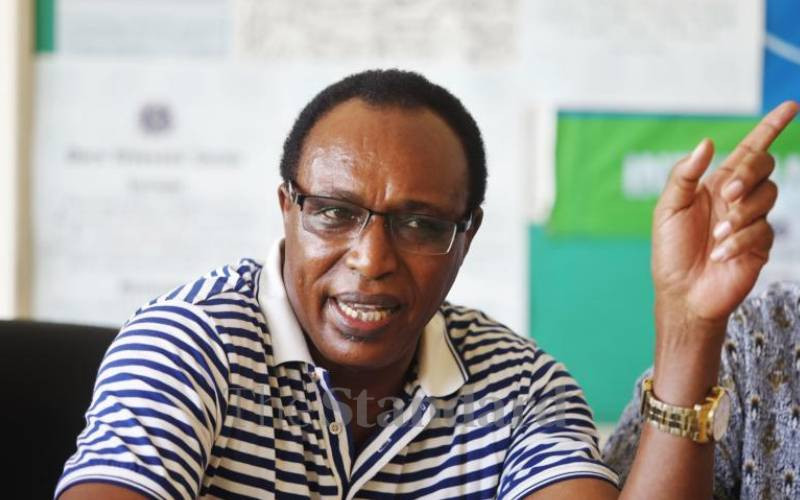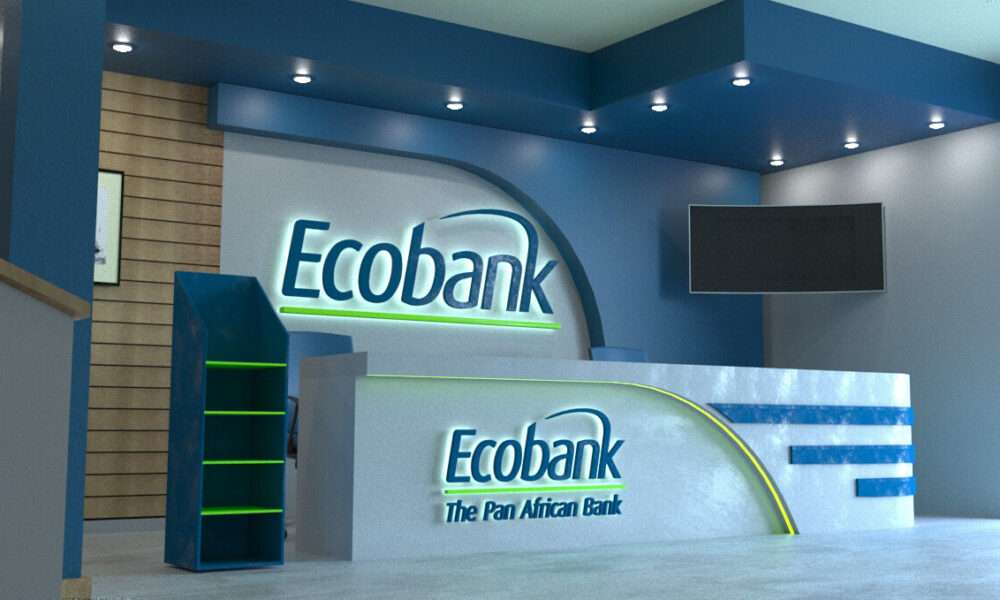At the centre of this storm is Devki Steel Mills, part of the sprawling Devki Group of Companies owned by billionaire philanthropist Narendra Raval, known in business circles as “Guru.” The group is a formidable force in Kenya’s construction materials market, controlling vast interests in steel, cement, and roofing products through National Cement, Maisha Mabati, and Simba Cement. Its products have shaped skylines across Kenya, and even across the borders in Uganda and Tanzania.
By The Weekly Vision Editorial Desk
The decision by Kenya’s Competition Tribunal to uphold a $2.2 million (KSh287.9 million) fine against Narendra Raval’s Devki Steel Mills and six other steel manufacturers is not just a legal milestone; it is a test of Kenya’s resolve to rein in corporate dominance and restore fairness to its industrial economy.
For too long, whispers of cartel-like practices have dogged Kenya’s manufacturing sector, from cement and steel to oil marketing and sugar. What the Tribunal has done is to make those whispers audible and actionable. By upholding the findings of the Competition Authority of Kenya (CAK) after a painstaking two-year investigation, the court has sent a clear message: even the most powerful and politically connected industrialists are not beyond the reach of the law.
At the centre of this storm is Devki Steel Mills, part of the sprawling Devki Group of Companies owned by billionaire philanthropist Narendra Raval, known in business circles as “Guru.” The group is a formidable force in Kenya’s construction materials market, controlling vast interests in steel, cement, and roofing products through National Cement, Maisha Mabati, and Simba Cement. Its products have shaped skylines across Kenya, and even across the borders in Uganda and Tanzania.
Yet this dominance comes with responsibility and scrutiny. The Tribunal found that Devki and six competitors engaged in price coordination and import restrictions, actions that distorted market competition and effectively punished consumers by keeping prices artificially high. Such behaviour undermines the very spirit of a free market and erodes public trust in local industry.
It is worth noting that the fine, though substantial, is unlikely to dent Devki’s financial muscle. What may prove far costlier is the reputational damage that accompanies allegations of price-fixing, particularly for a business empire that has long enjoyed goodwill for its investments and charitable acts.
This case should not be viewed narrowly as a single regulatory skirmish, but rather as part of Kenya’s broader struggle to create a fair, transparent, and competitive economy. The Tribunal’s decision strengthens the CAK’s hand in enforcing market discipline, setting a precedent that other dominant players would do well to heed.
Critics of government regulation often argue that such enforcement stifles industrial growth. But the opposite is true: fair competition is the oxygen of innovation. When cartels thrive, consumers suffer, small businesses collapse, and innovation stagnates. By protecting competition, the state is not punishing success; it is protecting the integrity of the marketplace.
Kenya’s industrial success must not come at the expense of ethical conduct. Billionaires, entrepreneurs, and manufacturers alike must operate within the boundaries of the law. Raval’s case serves as a stark reminder that philanthropy cannot insulate anyone from accountability.
As the country pursues industrialisation under Vision 2030, the rule of law must remain the cornerstone of progress. The steel ruling may be just one case, but its implications stretch far beyond the factory floor. It tells Kenya’s business elite that the era of unchallenged corporate dominance is drawing to a close.
And that is a victory not just for regulators, but for every Kenyan who pays the price of unfair business practices.





